On the afternoon of May 12, the United Nations Development Programme (UNDP) in Vietnam held a ceremony to launch the Human Development Report 2025. The theme of this year's report is "The era of Artificial Intelligence and human development choices", emphasizing the role of AI as an important driving force in promoting human development.
According to the UNDP report, Vietnam's Human Development Index (HDI) in 2023 reached 0.766, belonging to the group of countries with high human development, ranking 93/193 countries. From 1990 to 2023, Vietnam's HDI increased from 0.499 to 0.766.
UNDP highly appreciated Vietnam's efforts and remarkable progress in maintaining a high HDI level in recent years, reflecting the digital transformation and AI application journey as well as the Government 's commitment to promoting human development.
One goal set by Resolution 57 of the Politburo by 2030 is that science, technology and innovation will contribute significantly to building and developing cultural, social and human values of Vietnam, contributing to the human development index maintaining above 0.7.
Experts from UNDP, UNESCO, and leaders of organizations, businesses, and academies present at the workshop commented: Vietnam is undergoing a rapid and impressive digital transformation process, with AI becoming the focus of many national debates.
Ms. Vu Thi Thanh, Institute for Human, Family and Gender Studies, said that science , technology, innovation and AI are priorities of Vietnam, with programs such as the National Digital Transformation Program to 2025, with a vision to 2030; National Strategy on the Fourth Industrial Revolution to 2030; National Strategy on Research, Development and Application of Artificial Intelligence to 2030.
In particular, Resolution 57 shows an ambitious and bold AI vision, signaling the next decade with many changes. Ms. Tran Thi Thanh Huong, UNESCO officer, commented: “Vietnam has shown strong political determination and drastic actions in promoting and governing AI, through the decisions and resolutions of the Government that have been built and issued in recent times.”
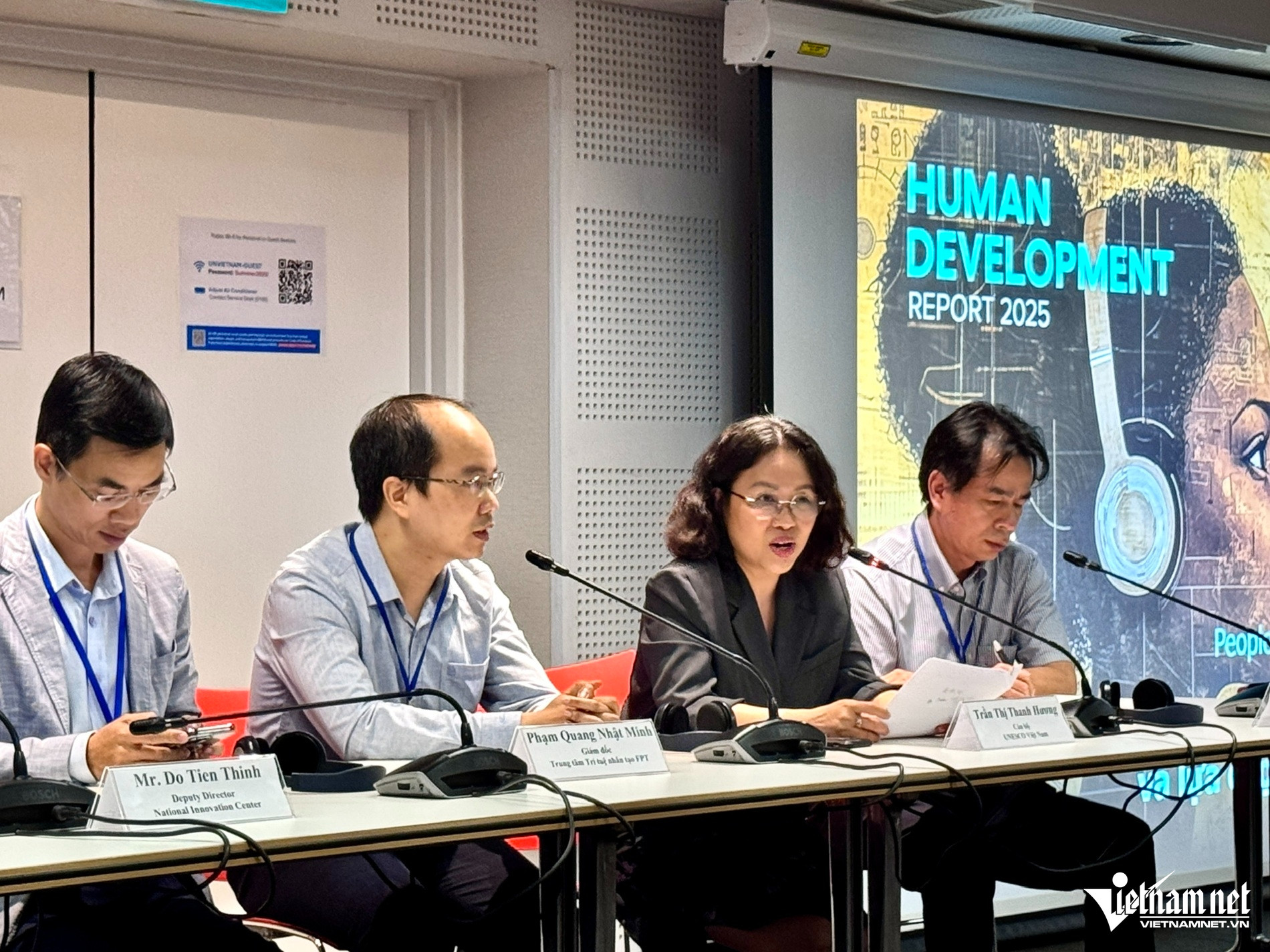
Reviewing Vietnam's achievements in digital economy, digital infrastructure, digital society as well as AI readiness index and AI human resources, Ms. Huong believes that Vietnam can completely achieve the goal of becoming an AI powerhouse in the future.
However, she also noted that AI needs to develop in balance with humans and society, ensuring inclusiveness and other ethical factors as well as impacts on the environment and energy.
AI development goes hand in hand with human development
The UNESCO Recommendation on Ethics in Artificial Intelligence (AI), adopted by 193 member states on November 25, 2021, is the first document in the world to help identify and propose common principles to guide the development of legal and policy bases for the development and use of ethical and responsible AI.
Associate Professor Dr. Cao Thu Hang, Communist Magazine, informed that many countries in the world have built AI ethics codes based on UNESCO guidelines to improve the HDI index. However, Vietnam does not have its own framework on AI ethics.
Ms. Hang pointed out that this content is being mentioned in a number of resolutions and decisions of the Government, as well as in new draft laws, but Vietnam does not yet have a separate framework on AI ethics. According to Ms. Hang, there should be a national AI ethics code for organizations and units to apply.
In the current context, AI can contribute to increasing income, improving life expectancy, and increasing labor productivity, but that is not all. From an ethical perspective, she emphasized: "It is impossible to say that there is human development if privacy is violated, autonomy is directed by AI algorithms, and creativity is reduced due to dependence on AI." For this reason, it is necessary to focus on AI ethics to bring positive values to human development.
In addition to building a separate framework, Ms. Hang also made a number of proposals to enhance the role of AI ethics in human development, including: promoting education, improving people's intellectual level; perfecting the legal system; and enhancing international cooperation.
Suggesting the direction of AI development in Vietnam, Mr. Jonathan London – consultant to UNDP and UNICEF – pointed out that Vietnam must find a niche advantage to compete, such as in chip packaging, chip testing; or applying AI in crop evaluation, crop yield. To increase opportunities, it is necessary to equip people with knowledge and tools to improve productivity and participate in the economy.
According to Mr. London, in the new era of Vietnam, whether AI can solve challenges and bring opportunities or not depends entirely on the role of the State in investing in and governing AI. AI is the driving force for Vietnam to achieve breakthroughs and promote inclusive economy, but the key lies not in technology and techniques but in institutions and policies to make appropriate use of AI.
Source: https://vietnamnet.vn/nghi-quyet-57-the-hien-tam-nhin-ai-tao-bao-cua-viet-nam-2400451.html






![[Photo] 60th Anniversary of the Founding of the Vietnam Association of Photographic Artists](/_next/image?url=https%3A%2F%2Fvphoto.vietnam.vn%2Fthumb%2F1200x675%2Fvietnam%2Fresource%2FIMAGE%2F2025%2F12%2F05%2F1764935864512_a1-bnd-0841-9740-jpg.webp&w=3840&q=75)
![[Photo] National Assembly Chairman Tran Thanh Man attends the VinFuture 2025 Award Ceremony](/_next/image?url=https%3A%2F%2Fvphoto.vietnam.vn%2Fthumb%2F1200x675%2Fvietnam%2Fresource%2FIMAGE%2F2025%2F12%2F05%2F1764951162416_2628509768338816493-6995-jpg.webp&w=3840&q=75)

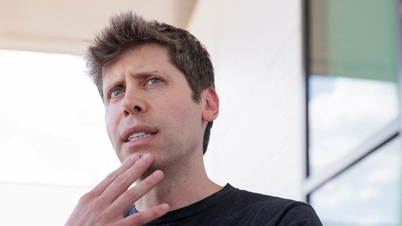

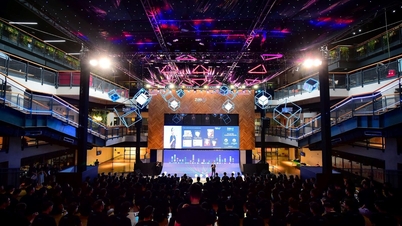


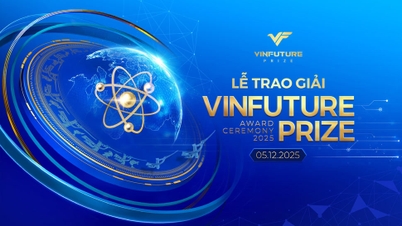





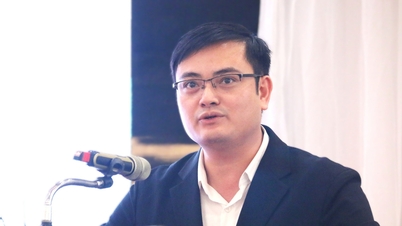




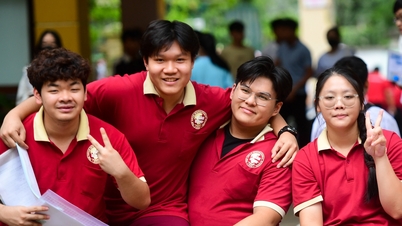









































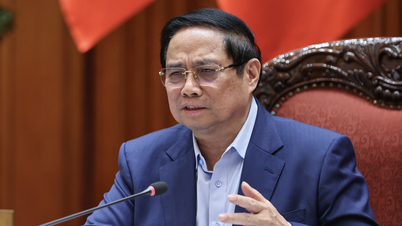





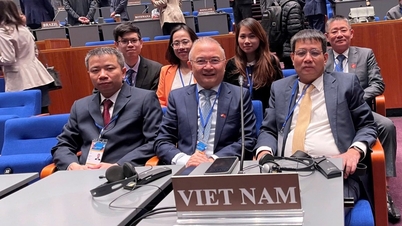
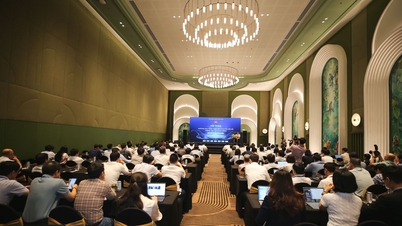

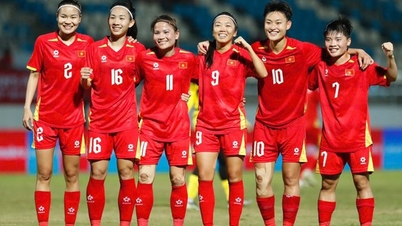


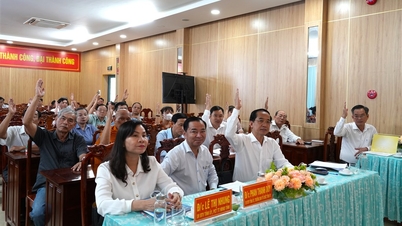
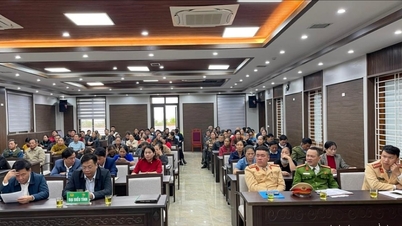















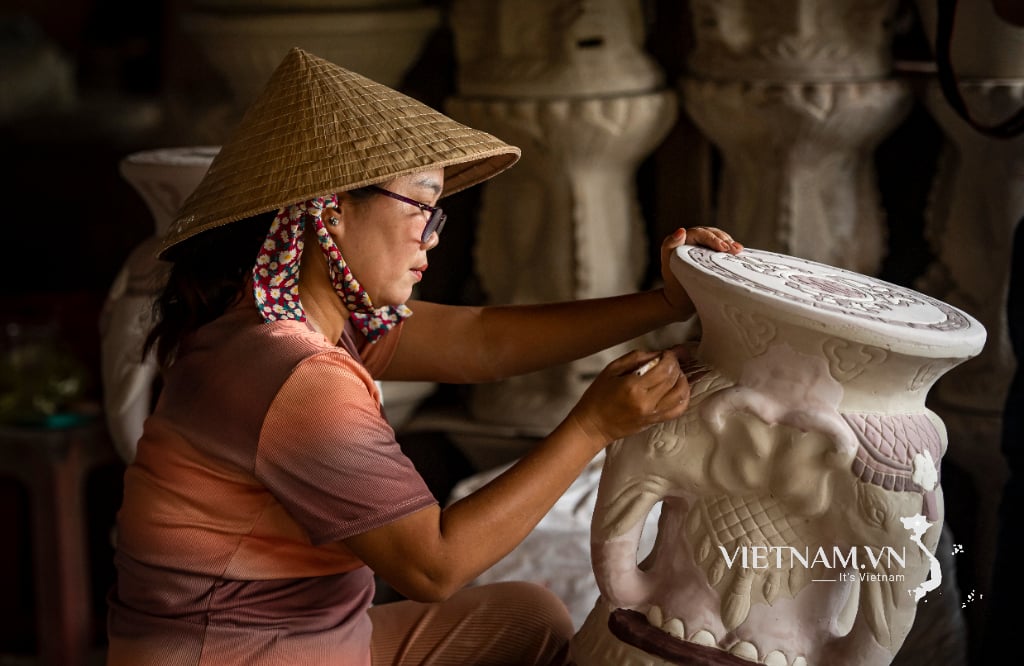






Comment (0)